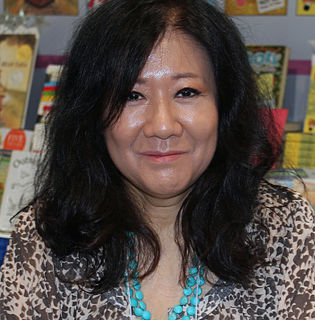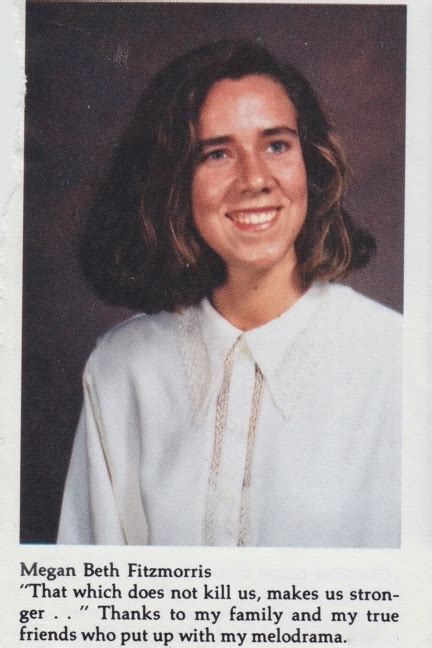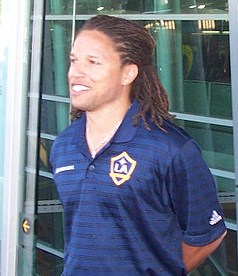A Quote by Raymond E. Feist
You would do well to know, Marcus, that irritating a better swordsman than yourself is a good way to end up dead.
Related Quotes
Sometimes comparing can be a good thing: it can inspire us to work harder and reach farther. But for the most part, excessive measuring yourself up against others - especially when it becomes a way to put yourself down - is a colossal waste of time. It's a dead end. It won't make you do anything except feel horrible.
It's silly to be depressed by it. I mean one thinks of it like being alive in a box, one keeps forgetting to take into account the fact that one is dead, which should make all the difference, shouldn't it? I mean, you'd never know you were in a box would you?... Even taking into account the fact that you're dead, it isn't a pleasant thought. Especially if you're dead, really. Ask yourself, if I asked you straight off-- I'm going to stuff you in this box now would you rather be alive or dead? Naturally you'd prefer to be alive. Life in a box is better than no life at all.
We must remember that the people of all the States are entitled to all the privileges and immunities of the citizen of the several States. We should bear this in mind, and act in such a way as to say nothing insulting or irritating. I would inculcate this idea, so that we may not, like Pharisees, set ourselves up to be better than other people.
if you hated white people, they would just hate you back, and nothing would change in the world; and if you didn't hate them after the way they treated you, you would end up hating yourself, and nothing would change that way, either. So it was no good to hate them, and it was no good not to hate them. So nothing changed.
I thought Marcus was going to be in my life forever. Then I thought I was wrong. Now he’s back. But this time I know what’s certain: Marcus will be gone again, and back again and again and again because nothing is permanent. Especially people. Strangers become friends. Friends become lovers. Lovers become strangers. Strangers become friends once more, and over and over. Tomorrow, next week, fifty years from now, I know I’ll get another one-word postcard from Marcus, because this one doesn’t have a period signifying the end of the sentence. Or the end of anything at all.
In other philosophies, my questions would get answered to some degree, but then I would have a follow-up question and there would be no answer. The logic would dead-end. In Scientology you can find answers for anything you could ever think to ask. These are not pushed off on you as, 'This is the answer, you have to believe in it.' In Scientology you discover for yourself what is true for you.
As Marcus considered various ways to open the subject of Daisy, Swift surprised him with a blunt statement. “My lord, there is something I would like to discuss with you.” Marcus adopted a pleasantly encouraging expression. “Very well.” “It turns out that Miss Bowman and I have reached an…understanding. After considering the logical advantages on both sides, I have made a sensible and pragmatic decision that we should—” “How long have you been in love with her?” Marcus interrupted, inwardly amused. Swift let out a tense sigh. “Years,” he admitted.
Marcus: Cherry? Jillian: My ten-year-old niece. Marcus: She's named after a piece of fruit? Jillian nodded. Jillian: So is her twin sister, Apple. Marcus: You're kidding me. Jillian: Unfortunately, I'm serious. Their father is fond of fruit pies and thought it would be cute. Marcus: And their mother didn't protest? Jillian: She thinks Steven's cute, so she gives him whatever he wants.



































